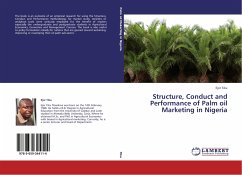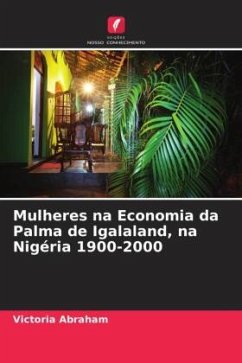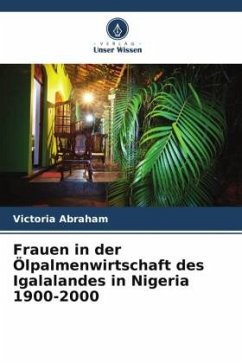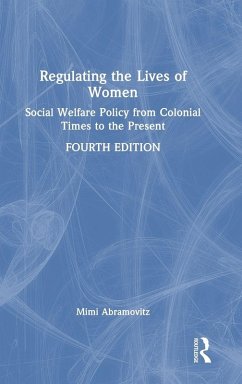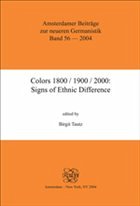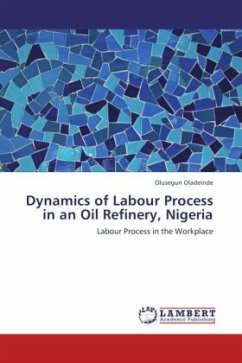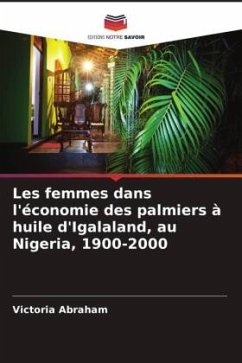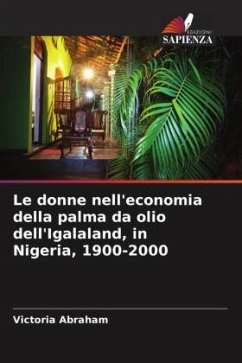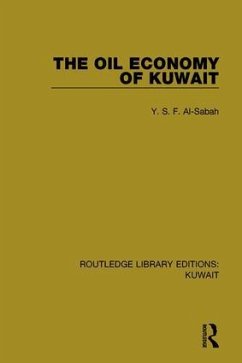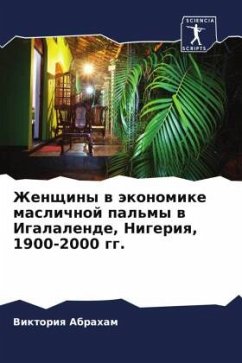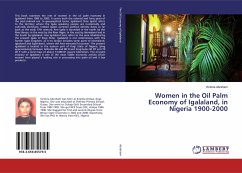
Women in the Oil Palm Economy of Igalaland, in Nigeria 1900-2000
Versandkostenfrei!
Versandfertig in 6-10 Tagen
47,99 €
inkl. MwSt.

PAYBACK Punkte
24 °P sammeln!
This book examines the role of women in the oil palm economy in Igalaland from 1900 to 2000. It covers both the colonial and forty years of the post-colonial era. In geographical terms, Igalaland ('Ane Igala') refers to the territory where the Igala speaking people are numerically and culturally dominant. Indeed Igala's common political identity dates as far back as the early 17th century. Ane Igala is bounded in the north by the River Benue; in the west by the River Niger; in the east by Idomaland and in the South by Igboland. Ane Igalaland here refers to the area inhabited by the present Iga...
This book examines the role of women in the oil palm economy in Igalaland from 1900 to 2000. It covers both the colonial and forty years of the post-colonial era. In geographical terms, Igalaland ('Ane Igala') refers to the territory where the Igala speaking people are numerically and culturally dominant. Indeed Igala's common political identity dates as far back as the early 17th century. Ane Igala is bounded in the north by the River Benue; in the west by the River Niger; in the east by Idomaland and in the South by Igboland. Ane Igalaland here refers to the area inhabited by the present Igala of Kogi State. Igalaland is not coterminous with the former Igala kingdom, as it no longer includes some parts of Idomaland, Igboland and Egbiraland, where the Atta exercised his power. The present Igalaland is located in the eastern part of Kogi State of Nigeria, lying approximately between latitudes 60 and 80 N and longitudes 60 30' and 70 40' E with a land mass of about 13,665.61 square kilometers. The oil palm industry of Igalaland is one of the most Viable economic activity which women have played a leading role in processing into palm oil and it bye products.



